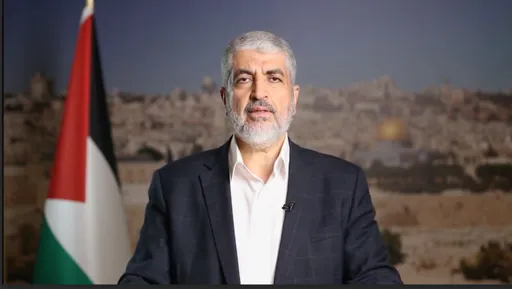Türkiye's presidential and parliamentary elections are set for May 14, with incumbent president Recep Tayyip Erdogan’s AK Party seeking another victory at the ballot box.
The opposition picked Kemal Kilicdaroglu, leader of the CHP, as its presidential candidate.
So, how will the country's presidential and parliamentary elections take place?
Presidential polls
In July 2018, when President Erdogan was inaugurated for a second term, Türkiye transitioned from a parliamentary system to a presidential one.
Türkiye’s president is elected through a two-round voting system in which a candidate must obtain an absolute majority or more than 50 percent of the nationwide vote.
If no candidate can secure a majority, the winner is decided in a run-off between the two most voted-for candidates from the first ballot.
To be eligible as a presidential candidate, one must be a Turkish citizen who is at least 40 years old and has completed higher education, a bachelor’s degree in any field.
Any party that has won 5 percent of the threshold vote in the previous parliamentary election can nominate a candidate. By forming alliances and passing the majority vote together, parties can also collectively field a candidate. Independents can also contest if they can collect 100,000 signatures from registered voters.
The ballot for the presidential elections will have the names, party affiliations and photographs of all candidates. Voters stamp “yes” (evet in Turkish) for their candidate of choice.
Since the president is directly elected by the people for a five-year term, he or she cannot be removed from office before the end of his/her term.
As the Head of the State, the President holds many executive powers outlined in the Constitution. These include promulgating laws, appointing deputies, ministers and high-ranking public executives, ratifying and promulgating international treaties, shaping foreign policy and determining national security policies.
Parliamentary polls
Türkiye will vote to elect 600 members of The Grand National Assembly – the country’s parliament – representing 87 electoral districts in 81 Turkish provinces.
Electoral districts are allocated parliamentary seats in proportion to their population. Istanbul, for example, has 98 MPs, and Ankara has 36 in 3 electoral districts for each. While the third and fourth biggest provinces of the country, Izmir and Bursa, have two electoral districts.
To fill these seats, Turkish citizens vote for one political party and its candidates who have been nominated from particular districts.
To obtain a majority, a party must win over half of the parliament seats – 301.
To be eligible for seats in parliament, a party must secure seven percent of the valid nationwide votes on their own or in alliance with other parties.
This threshold is, however, not applicable to independent candidates.
On polling day, voters will mark “yes” – evet – on ballots containing names and symbols of the parties contesting the elections. If parties are in a pre-poll tie-up, the name of the alliance will be included in the ballot sheet.
Counting of votes is done through a mathematical formula known as the D'Hondt system, which is the common system in several countries, i.e. Belgium, Brazil, Denmark, Japan, Switzerland, and ensures that parties are allocated seats proportionately to the number of votes they receive.
Role of Supreme Election Council
After all the votes are counted per the system, the Supreme Electoral Council (YSK) announces the results nationally.
YSK, the government’s highest electoral authority, is charged with implementing all necessary measures to guarantee fair and transparent elections as well as with monitoring the process from beginning to end.
The Supreme Election Council consists of seven principal and four substitute members.
In addition to the general management and monitoring of elections within the country, the council is also responsible for the voter registration process of Turkish citizens residing overseas.
Delegations are sent to Turkish embassies around the world, where Turks living abroad can participate in elections.
The council has complete control and power over final decisions on all irregularities concerning elections during and after polling.























